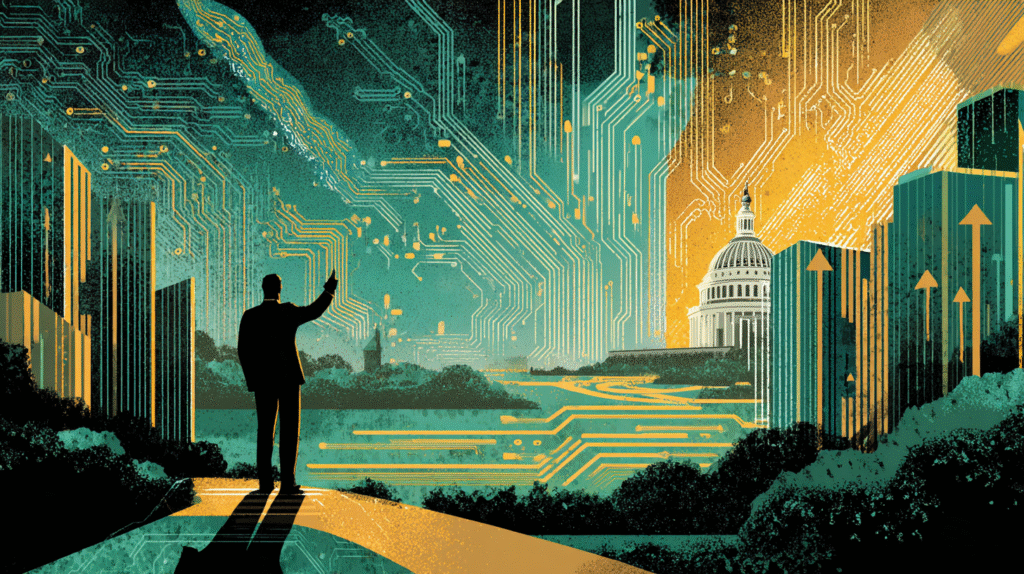Senator Rand Paul says artificial intelligence (AI) could one day grant Americans enough leisure to choose work freely, framing labor as a reward rather than a punishment.
In a new All-In Podcast interview, the Kentucky senator draws on historical examples of productivity leaps to highlight how technology reshapes human effort.
He points to a classic calculation from a Yale economist who measured the hours required in different eras to secure light for reading.
“It was like in the 19th century, because you had to have candles, and it was like 10,000 hours of work, or maybe it’s 1,000 hours of work to have nighttime light to read by. [Now] it’s 10 seconds of work, gives you an entire year’s worth of light. That productivity increase, nobody could fathom.”
The senator uses the example to argue that artificial intelligence may eventually play a similar role, not eliminating labor but allowing Americans to see work itself as a form of fulfillment.
“I do think, though, there’ll be a time that we will have such great leisure that we will actually choose to work. And I always tell people this anyway. I want everybody in America to work. Not as punishment, but as reward. There is a reward to working.”
Yet Paul balances the optimism with caution. He warns that AI’s impact is often exaggerated, with risks of overbuilding and misplaced expectations.
“But I think it’s overstated how great AI is to be. I think it’s going to be a lot of cool things. Some people are going to get caught. We’re going to have too many data centers at one point. And I don’t care how much electricity they’re sucking. But at the same time, I think we’re going to have too many of them.”
Paul describes AI as fast but not intelligent in the human sense, stressing that its advantage lies in speed and adjacency.
“It’s faster, [but] it isn’t smarter than humans. It’s much faster at doing the search that I could have done manually by using the Google search engine, but these things just kill.”
Last month, Nvidia CEO Jensen Huang said the rise of artificial intelligence will allow humans to do more while spending fewer hours at work. He noted that the shift catalyzed by AI may pave the way for a meaningful structural change, disrupting the labor market and the same time giving the workforce the opportunity to pursue other interests.
Disclaimer: Opinions expressed at CapitalAI Daily are not investment advice. Investors should do their own due diligence before making any decisions involving securities, cryptocurrencies, or digital assets. Your transfers and trades are at your own risk, and any losses you may incur are your responsibility. CapitalAI Daily does not recommend the buying or selling of any assets, nor is CapitalAI Daily an investment advisor. See our Editorial Standards and Terms of Use.


